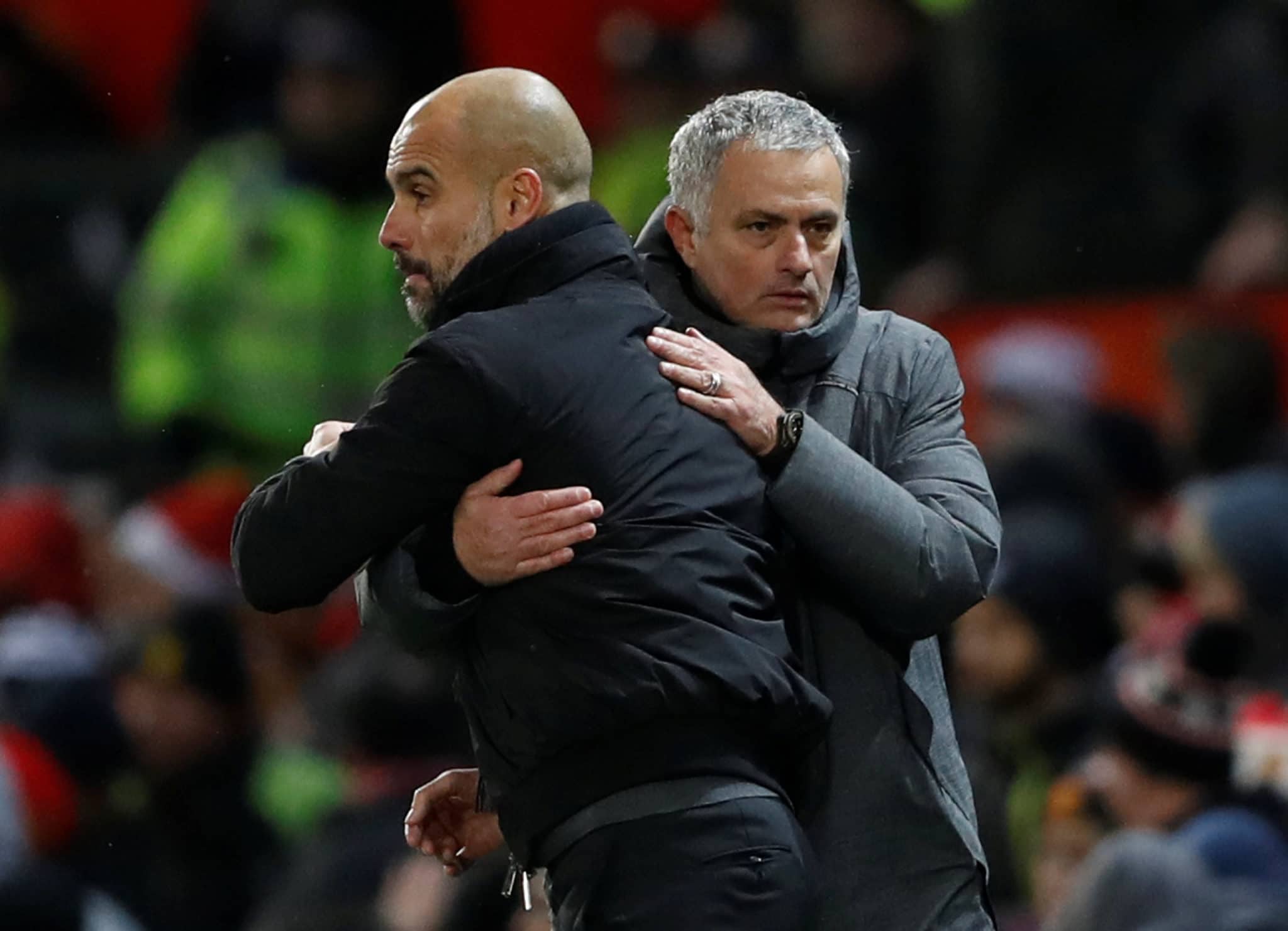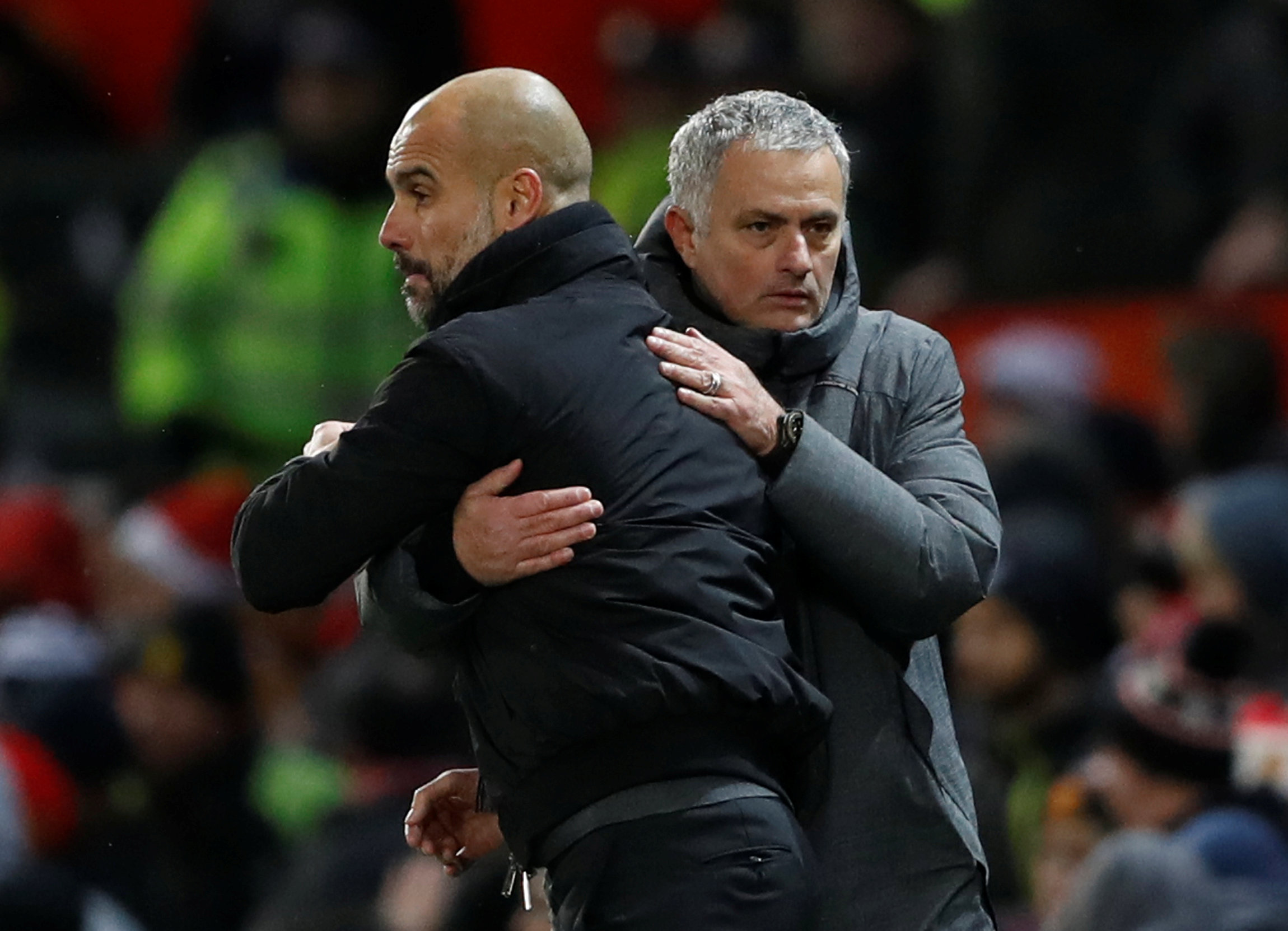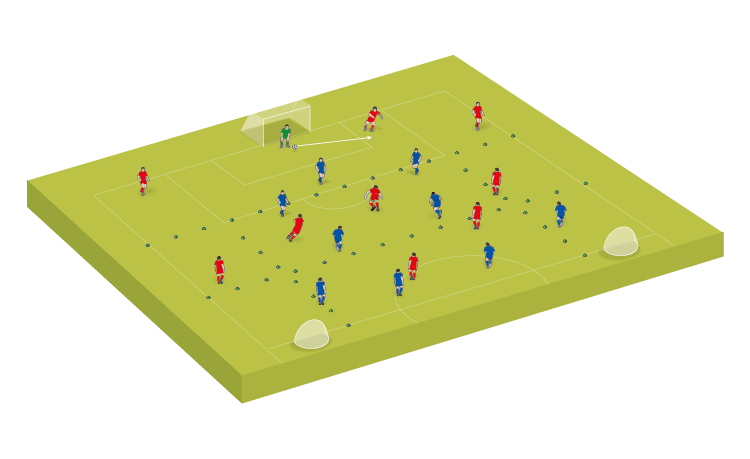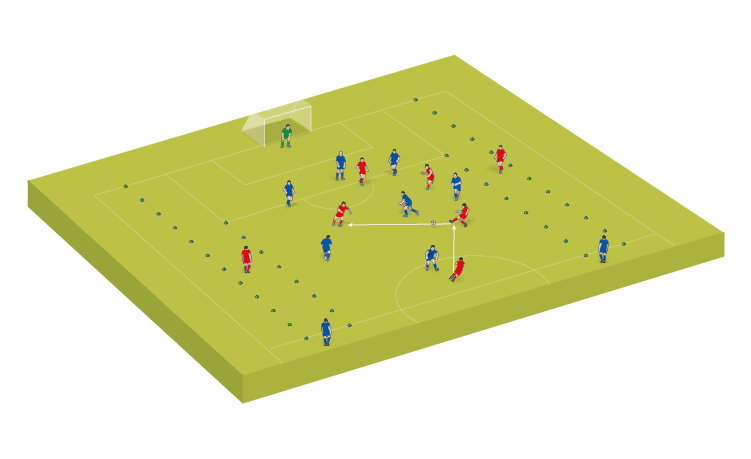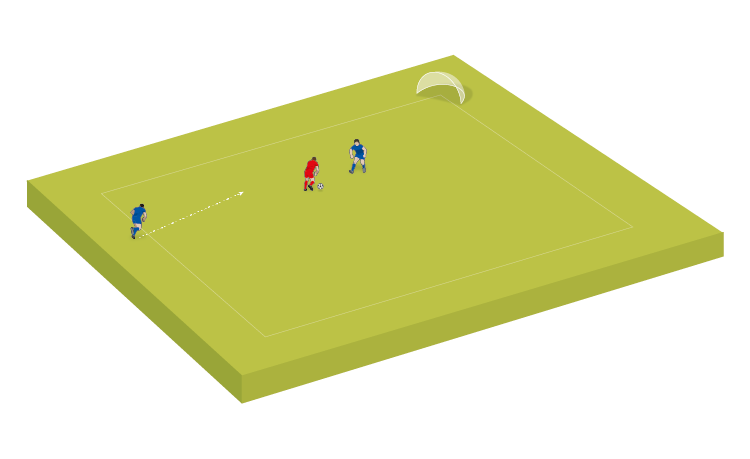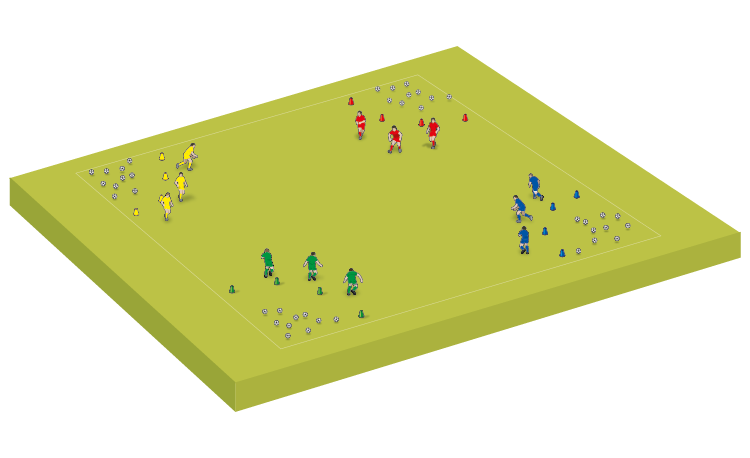10 tips to be the best coach
Coaching Adviceby Dave Clarke
Manchester City’s Pep Guardiola is rocking the perfect coach at the moment. If you want to be the perfect coach, here are a few pointers as to the qualities you will need to develop to be the best.
Manchester City’s Pep Guardiola is rocking the perfect coach at the moment. If you want to be the perfect coach, here are a few pointers as to the qualities you will need to develop to be the best.
AUTHORITY
A good coach should always be in control. With some players it’s easy, with others it’s more challenging. If you want players to have time messing around, that’s fine, but it should be on your say-so and on your terms.
MENTAL STRENGTH
No matter how successful you are you will always have your critics. Sometimes it can be useful, so be strong enough to take criticism on board and use it if it’s of value. If it’s not, don’t take negative comments to heart and believe in yourself.
SENSE OF HUMOUR
Playing soccer should be fun. While having control is crucial, it’s also important to be able to have a laugh with your players. A little bit of banter helps to bond a team as long as it doesn’t go too far.
ADAPTABILITY
Having a plan is always good whether it’s for a training session or a match but sometimes drills don’t go well or tactics don’t work. Have a back up in mind should things go wrong and don’t be afraid to admit you’ve made a mistake.
PATIENCE
Each child is different and players develop at a different pace. Coaching youth soccer requires patience, because it takes time and effort to help players fulfil their potential – but the rewards will be worth it when a team comes together.
COMMUNICATION
The ability to get your message across to players is vital. There are many ways of doing this but the key, particularly with kids, is not to go on too long. Get the message across quickly and succinctly and repeat it at regular intervals until you’re sure it’s hit home.
APPROACHABILITY
Don’t put a wall up between yourself and your players. They have to feel they can talk to you about problems. It might be a football issue, but equally you might be the person they turn to if they are struggling with issues in the wider world.
RESPECT FOR RULES
Remind yourself, your players and their parents of your league’s code of conduct on a regular basis – this is vital when it comes to match day. It’s your reputation on the line, so make sure everyone knows what’s expected.
GOOD OBSERVATION SKILLS
Watch what happens during training closely. Players develop different strengths as they grow – you might spot something that means your left back is developing into a left winger. Watch what happens off field too, so you can nip any problems in the bud.
MEMORY FOR DETAIL
Gradually build up a mental picture of each member of your squad. Their skills will be apparent quickly but just as important is tapping into their personality. Knowing them will make them easier to manage.
Newsletter Sign Up
Coaches Testimonials

Gerald Kearney, Downtown Las Vegas Soccer Club

Paul Butler, Florida, USA

Rick Shields, Springboro, USA

Tony Green, Pierrefonds Titans, Quebec, Canada
Subscribe Today
Discover the simple way to become a more effective, more successful soccer coach
In a recent survey 89% of subscribers said Soccer Coach Weekly makes them more confident, 91% said Soccer Coach Weekly makes them a more effective coach and 93% said Soccer Coach Weekly makes them more inspired.
*includes 3 coaching manuals
Get Weekly Inspiration
All the latest techniques and approaches
Soccer Coach Weekly offers proven and easy to use soccer drills, coaching sessions, practice plans, small-sided games, warm-ups, training tips and advice.
We've been at the cutting edge of soccer coaching since we launched in 2007, creating resources for the grassroots youth coach, following best practice from around the world and insights from the professional game.
